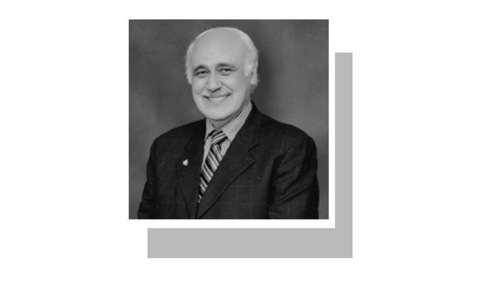The Democratic Republic of Congo's opposition leader Felix Tshisekedi was on Thursday named the provisional winner of a long-awaited presidential poll paving the way for the crisis-hit country's first transfer of power in 18 years.
Repeated delays in holding the election sparked deadly violence in the vast and poor nation, but Tshisekedi struck a conciliatory tone after his victory, urging the public to view long-term leader Joseph Kabila as a "partner of democratic change".
Runner-up candidate Martin Fayulu denounced the interim results as an "electoral coup".
"These results have nothing to do with the truth at the ballot box," Fayulu told Radio France International.
Mineral-rich DRC has been in the grip of a two-year crisis over the succession of Kabila, who announced last year he would finally step down after nearly two decades in power.
Burdened by a history of bloodshed, DRC has never had a peaceful handover of power since it gained independence from Belgium in 1960.
"Having gained ... 38.57 per cent of the vote, Felix Tshisekedi is provisionally declared the elected president of the Democratic Republic of Congo," said Corneille Nangaa, head of the Independent National Election Commission (CENI).
Shouts of joy erupted at the commission's offices as the results were announced early on Thursday morning, AFP journalists reported.
"I pay tribute to President Joseph Kabila and today we should no longer see him as an adversary, but rather, a partner in democratic change in our country," Tshisekedi told a crowd of supporters at the headquarters of his UDPS party.
The candidate Kabila hand-picked to succeed him, loyalist former interior minister Emmanuel Ramazani Shadary, came third in the poll with 23.8 per cent of the vote.
The other main opposition candidate, former oil executive Fayulu took 34.8 per cent, official results showed.
According to the initial timetable set out by the CENI, the definitive results are due on January 15 with the swearing-in of the new president three days later.
As the lengthy results were read out on nationwide television, police were deployed at strategic spots in the capital Kinshasa where, for the second evening running, many residents went home and locked their doors early.
Delays spark suspicions
Tshisekedi, 55, is the head of country's oldest and largest opposition party the Union for Democracy and Social Progress (UDPS), founded by his father Etienne — a major Congolese political figure.
During his campaign he promised a return to the rule of law, to fight the "gangrene" of corruption and to bring peace to the east.
But his detractors say he lacks political and managerial experience.
Kabila, 47, was due to step down two years ago but stayed in office, sparking widespread protests that were repressed at the cost of scores of lives.
His choice of successor fuelled accusations that the long-time leader — concerned about possible retribution —would use close ally Shadary to protect his interests after the vote.
The election's supervisors had faced mounting pressure at home and abroad to publish the results of the December 30 poll after repeated delays stoked fears for the giant country's stability.
But it also coincided with an apparent overture to Kabila from opposition leaders.
Campaign groups on Wednesday told people "to be prepared to go out onto the streets in massive numbers" if the outcome failed to accurately reflect the vote.
South Africa and Zambia, DRC's neighbour to the south, joined the clamour to publish the results.
"The delay in releasing the results of the elections can lead to suspicions and compromise peace and stability of the country," South African President Cyril Ramaphosa and Zambian counterpart Edgar Lungu said in a joint statement.
The turmoil surrounding the election revived traumatic memories of the DRC's brutal past.
Bloody clashes marred elections in 2006 and 2011, and two wars between 1996 and 2003, drawing in armies from around the region, claimed millions of lives.
In the lead up to the results, the opposition hinted at a rapprochement.
“There's no spirit of revenge, “Tshisekedi told the Belgian newspaper Le Soir.
Kabila and Tshisekedi "have an interest in meeting to prepare a peaceful and civilised transfer of power", said UDPS Secretary General Jean-Marc Kabund earlier this week.
Fellow opposition candidate Fayulu who was backed by former Katanga governor Moise Katumbi — considered a traitor by Kabila — and ex-warlord and former vice president Jean-Pierre Bemba, had also sounded a conciliatory tone.
"Mr Kabila is a Congolese citizen. He has a place here in Congo. He will do what he wants. The constitution is clear — he (as former president) will be a senator for life. The keyword for us is: There's no revenge."













































